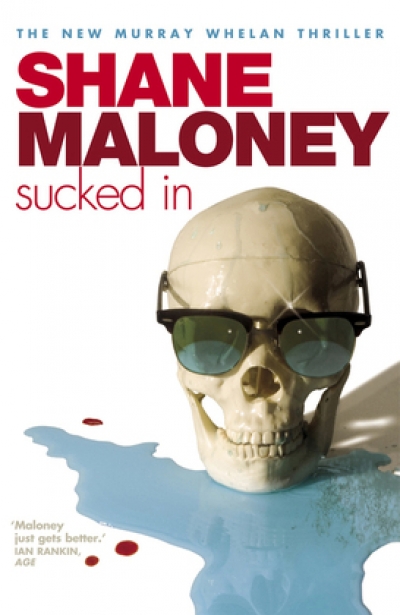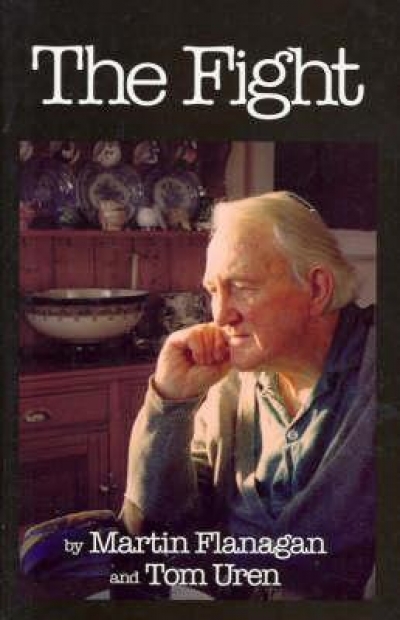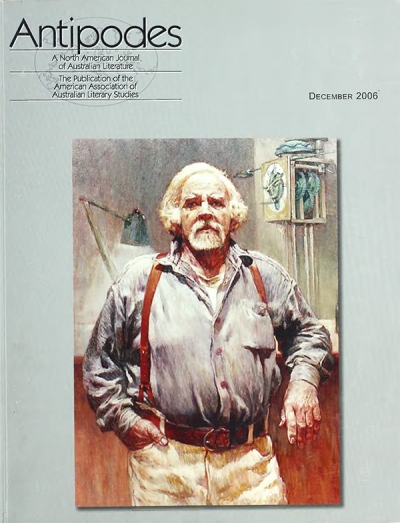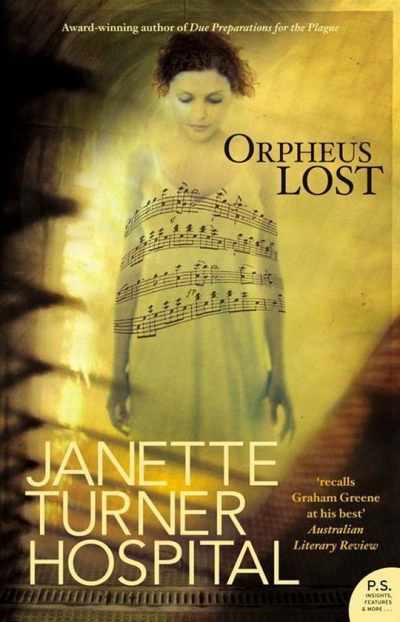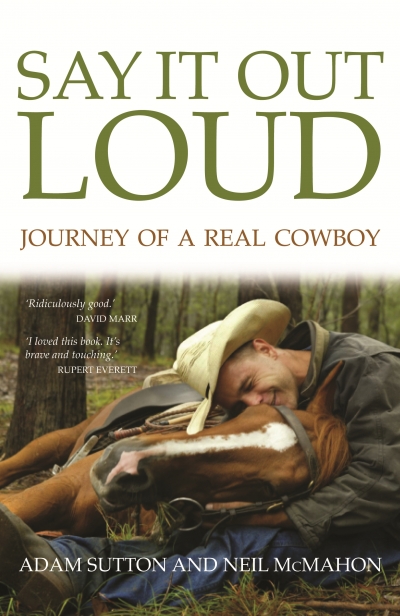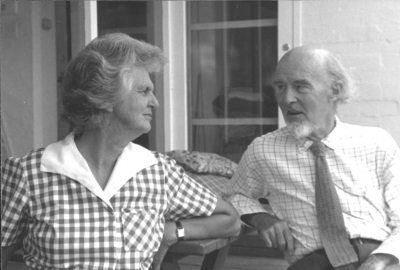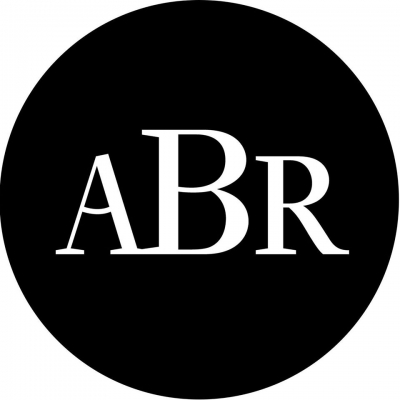Archive
Antipodes vol. 20, no. 2 edited by Nicholas Birns & Australian Literary Studies vol. 22, no. 4 edited by Leigh Dale
Say It Out Loud: Journey of a real cowboy by Adam Sutton and Neil McMahon
Hooded eyes, eyelashes thinning, she tailgates a semi,
keeping up with him in case she breaks down.
The truckie has her measure in his rear-view mirror –
Oxford traveller
Dear Editor,
In his ‘Diary’ in the March 2007 issue of ABR, Chris Wallace-Crabbe tells us that he’s been reading Ulysses and War and Peace (‘alternately’) as he travels to Oxford. Then, out of the blue, he adds: ‘Meanwhile, Ken Gelder has written the most appalling attack on literature, and especially on the concept of style, in the latest Overland. His anti-aesthetic position is, of course, indistinguishable from that of John Howard and the right-wing philistines. It has been so for a long time: the right and the far-left in materialist cahoots.’ My Overland essay was a criticism of Tory literary tastes and positions in Australia, including the disdain some writers have for readerships. Only a blinkered literary snob could construe this as an ‘attack on literature’. I found Wallace-Crabbe’s insulting remarks utterly perplexing. For example, what does he mean by ‘the concept of style’? Whose concept? I have no idea. What does he mean by ‘anti-aesthetic’? The term used to be used by postmodernists, but he also attributes it to John Howard – a point which seems to fly in the face of reality.
... (read more)In the beginning he’d herd people
clocking up the hours in apartments
above and below him but they heard sink
and shower sounds and turned on washing
machines that spurted later while he was
on the job he’d reconsider part one of
his partner’s apparent lack of funding
proposal paperwork a black mark
Mark McKenna’s analysis of Manning Clark’s Kristallnacht episode (The Monthly, March 2007) – in which he shows that Clark was not in Bonn on Kristallnacht, that he arrived a couple of weeks later, but that in ensuing years he appropriated his fiancée Dymphna’s experience and account and made it his own without any attribution – may be further illuminated, given another dimension, if we look more closely not at Clark, who, as McKenna shows, wasn’t there, but at Dymphna, who was.
... (read more)I can’t let you have my ‘papers’ because I don’t keep any. My mss are destroyed as soon as the books are printed. I put very little into notebooks, don’t keep my friends’ letters … and anything unfinished when I die is to be burnt. The final versions of my books are what I want people to see …
(Patrick White, reply to Dr George Chandler, Director General, 9 April 1977, National Library of Australia, MS 8469)
... (read more)
